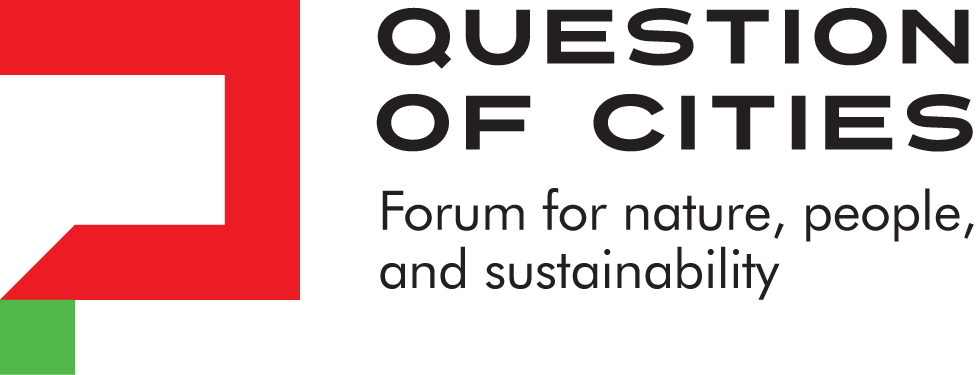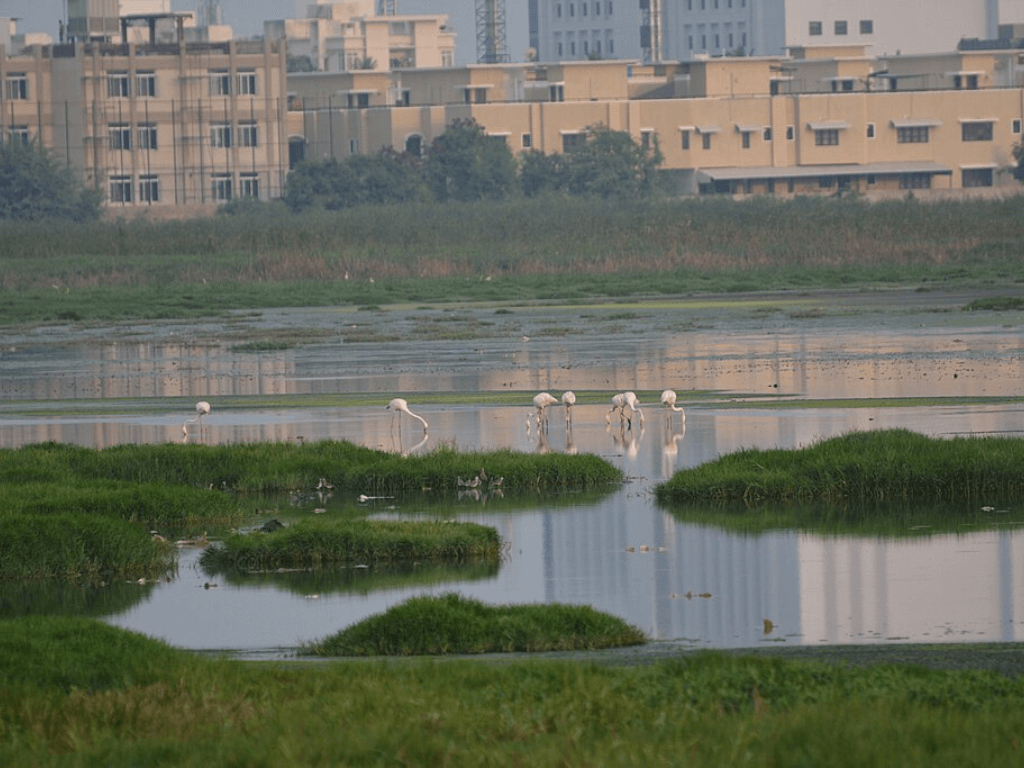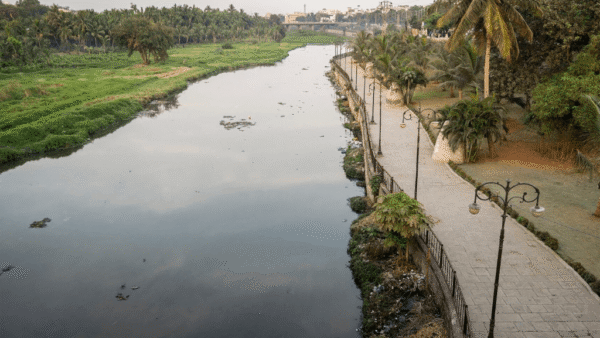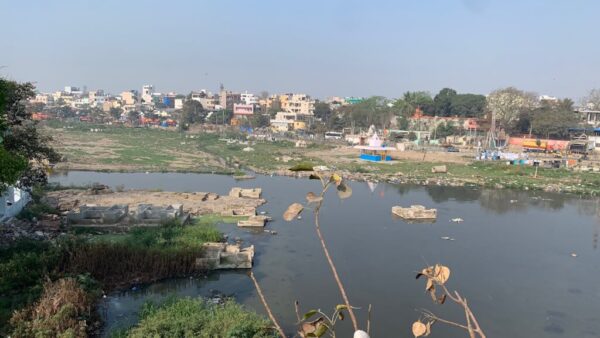A few weeks before the debacle of the annual climate summit, COP29, on November 21-22, the United Nations held another summit in Cali, Colombia. This generated less interest around the world but was no less important for the future of the planet. The 16th edition of the Conference of Parties on Biodiversity, or COP16 Biodiversity, concluded on a similar note as COP29 climate summit – rich countries blocking a proposal to set up a new fund to help poorer nations restore their depleted natural environments. Held from October 21 to November 1, it was attended by representatives of 190 countries.
The proposal to set up a dedicated fund for restoring nature in poorer countries was opposed by the European Union, Japan, Canada, Australia, New Zealand, Norway and Switzerland on the grounds that it would complicate the funding landscape without necessarily raising new money.[1] More than 500 companies and financial institutions pledged commitment to the Taskforce on Nature-Related Financial Disclosures for risk management and financial reporting – up by 60 percent this year – but the funds for nature did not come by.
However, COP16 on Biodiversity launched the Cali Fund to channel financial support directly to developing countries and Indigenous Peoples and Local Communities (IPLCs). This is meant to support developing countries, indigenous peoples and local communities to achieve the 23 targets for 2030 that were agreed upon earlier.[2]
With the theme ‘Peace with Nature’, COP16 aimed to address biodiversity loss and halt environmental degradation. Our planet is rapidly losing its natural resources – trees, waterbodies, hills, mountains, wetlands – and it is important not just to have conversations but also act fast to save and conserve them. The summit was important though many discussions, especially those on biodiversity funds, ended in deadlock. Despite it, COP16 on Biodiversity can be hailed for the crucial decision to include the indigenous people of the world in biodiversity governance – a huge step forward at least on paper. Indigenous communities manage an estimated 80 percent of the world’s biodiversity and help preserve ecosystems and combat climate change.
India, with its wide range of ecosystems and habitats that house more than 91,200 species of animals and 45,500 species of plants documented so far, ratified the Convention on Biodiversity in May 1994. Four of the world’s 34 biodiversity hotspots are in India: the Himalayas, the Western Ghats, the North-East, and the Nicobar Islands. Home to nearly 7-8 percent of the recorded species of the world, India is also recognised as an important repository of traditional knowledge systems associated with biodiversity.
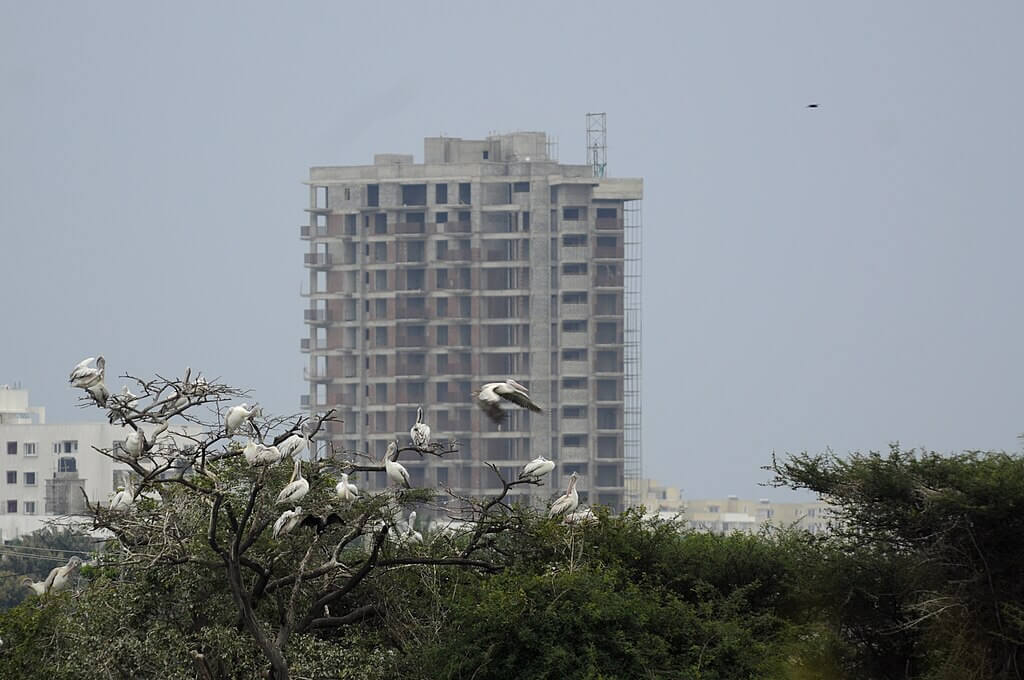
Photo: Wikimedia Commons
India’s Scheduled Tribes and other forest dwellers or communities are protected by the Recognition of Forest Rights Act, 2006. But as Alphonsa Jojan, researcher in biodiversity and law, says that there is no explicit recognition of the community forest resources that are a part of the other area-based conservation measures which are distinct from Protected Areas but can help to achieve sustained conservation of biodiversity. This is missing even in India’s National Biodiversity Strategy and Action Plan.
The Cali Fund aims to finance biodiversity conservation and reward the frontline protectors of biodiversity such as indigenous people and forest dwellers. The decision acknowledges the major role of digital sequence information on genetic resources and open access to such information. It recognises the importance of the fair and equitable sharing of benefits from the use of digital sequence information on genetic resources to achieving Target 13 of the Kunming-Montreal Global Biodiversity Framework (KMGBF).[3]
“The Global Biodiversity Framework is meant to last from 2020 to 2030; it’s already 2024. The funding mechanisms for developing countries had to be finalised in this COP. Unfortunately, it didn’t happen. COP16 was suspended without any decision being on how the funds will be distributed,” says Shyama Kuriakose, an environmental law researcher.
One of the targets under the Global Biodiversity Framework is to increase financial resources for biodiversity conservation to $20 billion per year by 2025 and $30 billion by 2030. This will help countries like India to dedicate more resources to biodiversity conservation, depending on their governments of course. Jojan says the principles of sustainability, equity, and fairness of use of biodiversity are embedded within the Biodiversity Convention. “Unlike other multilateral environmental agreements, which focus mainly on conservation and not really on sustainable use, the Convention brings together not just biodiversity, but also cultural diversity, people’s livelihood security, food security, and sustainable development.,” she says.
Another important step was that India submitted its National Biodiversity Strategy and Action Plan and updated biodiversity targets. “But, there is no clear timeline for implementation and there’s no sense of urgency within this plan of India,” explains Kuriakose. The Plan is only a framework which is supposed to protect the country’s mind-boggling biodiversity in association with State Biodiversity Boards, their plans, and management committees – all statutory bodies set up under the Biodiversity Act.
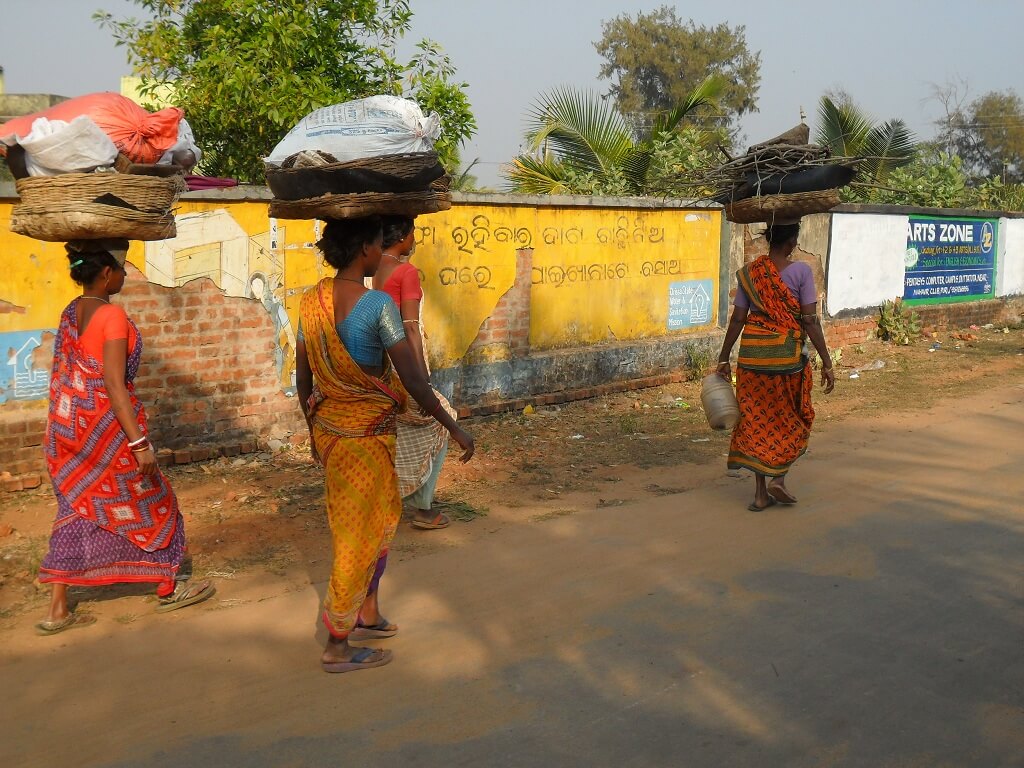
Photo: Wikimedia Commons
World Urban Forum
‘It all starts at home: Local actions for sustainable cities and communities’ was the theme of the 12th edition of the World Urban Forum held from November 4 to 8, 2024, in Cairo, Egypt. The WUF12 focused on localising the Sustainable Development Goals (SDGs), showcasing the impact of community-driven initiatives in addressing urgent global challenges such as unaffordable housing, rising living costs, climate resilience, accessible basic services, and ongoing conflicts.
Social entrepreneur Kalpana Viswanath, co-founder and CEO of Safetipin, a social organisation, while addressing the curtain raiser to WUF, said: “The Women’s Assembly at every WUF is an opportunity to highlight the key concerns of women across the globe, as well as hold accountable all stakeholders and commitments that have been made, such as the sustainable development goals.”
Saying that there can be no sustainable urbanisation without women, Viswanath stressed on discussions about women in crisis situations as conflict and war impact everyone, but has been impacting women’s lives in ways that continue well beyond the situation.
Established in 2001 by the United Nations, the World Urban Forum (WUF) aims to address rapid urbanisation and its impact on communities, cities, economies, climate change and policies. It is convened by UN-Habitat to raise awareness of sustainable urbanisation among urban stakeholders including the public. The event serves as a platform to address the challenges of sustainable urbanisation through inclusive debate, exchange of best practices and policies, and sharing lessons learnt. The WUF also brings different stakeholders together to promote collaboration and cooperation so as to advance the implementation of sustainable urbanisation.[4]
This year was Viswanath’s 8th WUF and she finds it a vibrant, democratic space to hear new debates, meet fellow travellers and old friends and “totally immerse myself for a week in diversity of perspectives on sustainable, equitable and inclusive cities and communities”. The World Cities Report 2024: Cities and Climate Action was also launched by the UN-Habitat at the WUF. The report highlights that the unplanned growth has also resulted in a rapid decline of green spaces in urban areas, with the average share in urban areas worldwide falling from 19.5 per cent in 1990 to 13.9 per cent in 2020.
The Forum also discussed the war-torn Gaza Strip where urban life is in tatters with people facing not only physical damage but also loss of homes. “When we talk about building and rebuilding, we are not talking about housing only; we are talking about social support and working with communities to see a possible future,” Anacláudia Rossbach, Executive Director of UN-Habitat, the UN agency dealing with sustainable urban development which convenes the Forum.
Viswanath also mentioned Beijing plus 30, which will take place next year, where governments and civil society stakeholders renew commitments to women’s rights and social equity.
Gender at COP 29
The Lima Work Programme established at COP20 was meant to provide guidelines for gender-responsive climate policies, towards a Gender Action Plan (GAP) every five years. Negotiations to renew this at Baku have been lengthy and difficult. The main sticking points are human rights language and finance for closing the gender gap in climate action.
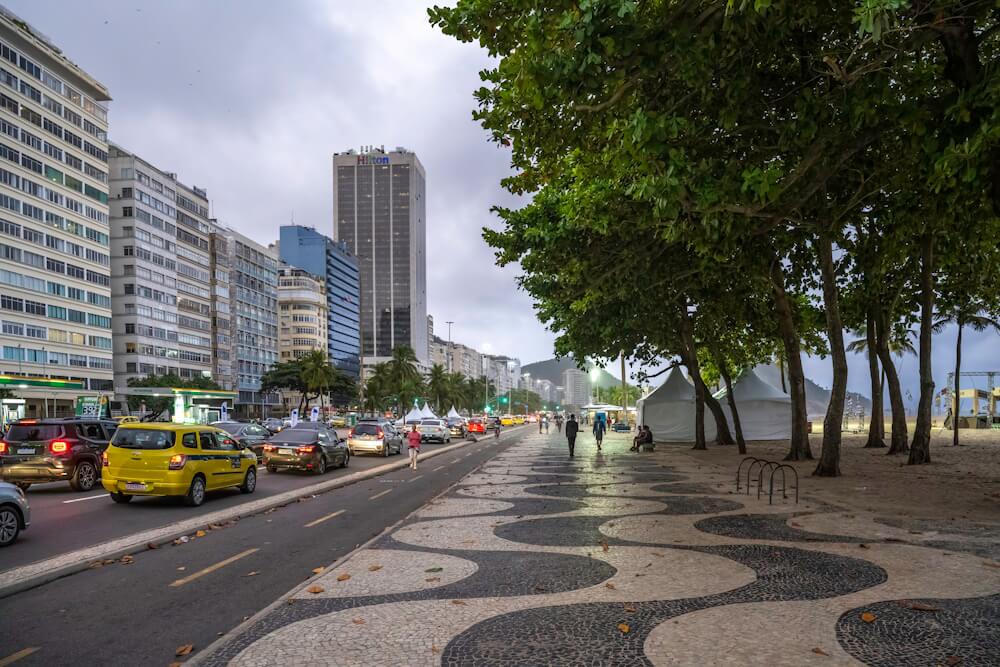
Photo: Wilfredo Rafael Rodriguez Hernandez/ Wikimedia Commons
The importance of gender in all climate action has been recognised by the Azerbaijan presidency of COP29, which assigned November 21, the second last day of the UN climate negotiations, as Gender Day. But gender equality needs to feature as an urgent and cross-cutting issue from day one because climate change is widening existing gender gaps and severely impacting women’s livelihoods and well-being.
Women are disproportionately affected by climate change, as they often work in vulnerable industries like small-scale farming and bear the burden of household responsibilities such as collecting water, which becomes more difficult after disasters. Despite the hardships, women can be agents of change and need to be included in decision-making processes.
At last year’s COP, only 15 of 133 world leaders present were women. This year, the number dropped further, representing just 8 percent.
U20: Focus on cities
A lesser known event, the Urban20 or U20 focuses on cities and attempts to close the gap between policy and practice, alongside or on the eve of the more headlined G20 Summit. The global conference of U20, the group founded by Major Cities for Climate Leadership with United Cities and Local Governments, took place on November 14 on the eve of the G20 leaders’ summit in Rio de Janeiro.
It encouraged cities to push for sustainable development and address the climate change challenge. Urban leaders called for at least USD 800 billion in public investment annually from national governments and development finance institutions by 2030. They believe that this public investment would cover about 20 percent of the climate finance required to inspire private sector funding.
Urban climate finance is not limited to infrastructure and economic benefits. Urban populations are set to grow by another billion within a decade. This makes it imperative that cities take an inclusive approach for an equitable future. This can be possible by financing initiatives that focus on vulnerable communities who are the most affected by climate impacts to ensure clean air, safe housing, and sustainable employment to enhance public health and elevate urban living standards. National governments and financial institutions have an opportunity to promote inclusive growth through equitable distribution of urban finance in our cities.[5]
Cover photo: Wikimedia Commons
